Down from the mountain
 |
| Church of Simeon Stylites |
The journey from Istanbul to the remote Kharga Oasis in Egypt was not without incident. Rising Islamic fundamentalism provided some tense moments in Egypt, while travelling through a still potentially volatile Lebanon made an uneasy background to a spiritual journey. Although, as one of the monks that Dalrymple encountered on his journey pointed out "Where is life without the cross?" In many areas however Islam and Christianity remained surprisingly firmly linked with shared shrines and saints; and many common beliefs.
I'd first read this book shortly after its publication when the events and politics of Dalrymple's journey were still very fresh. As a travel book it's still an interesting read depicting many of the wild and remote regions of the Near East; and Dalrymple, as ever, is an engaging narrator. However re-reading it at this distance it hasn't weathered well. The book, even at the time, was sometimes almost unbearably bleak. By the 1990s many of the Christian communities of the Near East were on the verge of extinction. They were doing surprisingly well in Syria (oddly it was the fighting in Homs that inspired me to re-read this volume), but were becoming increasingly marginalised in Turkey. Mass emigration had depleted many communities, some, after nearly 2000 years of being a vibrant part of their Near Eastern community. Life in Israel was especially hard for Palestinian Christians - in fact it was in the land that gave birth to Christianity that many Christians were suffering an especially bleak future, while the Maronite community in Lebanon had suffered a fatal blow in the vicious Lebanese Civil War.
Throughout the book, the refrain is there will be no more Christians here in 20 years. Reading this book nearly 20 years on, I'm desperate to know what has happened in the region, but of course there is no answer. I suspect that in spite of Dalrymple's gloomy predictions that some communities have survived, as communities do against the odds everywhere.
Although Dalrymple does try to be fair, the book is written from a Christian stand-point and predominantly looks at the Christian world in the region. The historical and cultural background is well filled out, and is fascinating, with the occasionally truly astonishing fact - did you know, for example, that the monks of the Egyptian desert were hugely influential in the lives of Celtic mystics at the opposite fringes of the Roman Empire? The pro-Christian standpoint is occasionally though rather irritating, with a succession of interviewees with another "poor us" speech. Of course in some cases the "poor us" attitude is more than justified - you cannot help but feel sorry for the Palestinian Christians robbed of their land, or for the terrified Christians of Turkey; but for some it is rather hard to feel either particularly empathic or sympathetic.
Dalrymple's tales of early Christian heresies are fascinating, although there's sometimes not very much background information for those who are coming to the subject with little prior knowledge.
When I first read this book it quickly became one of my favourites. Now, 20 years on, my views have definitely changed. It's still a decent read, but it has aged badly. Patrick Leigh Fermor's books about his pre-war travels through Europe present us with a Europe which is vastly different from the one through which he travelled. The fact that the books are still so readable is partly due to Leigh Fermor's considerable talent as a writer, but I think it's also partly because he's not partisan in any way. He just reports with great enthusiasm on everything he sees. Where Dalrymple is a little more detached this book works well, but I do find that it is rather overly partisan towards some of the Christian communities; and his own standpoint as a narrator is also slightly flawed. We start the book unaware that the author is a committed Christian, this becomes more obvious as the book continues; and while I wouldn't have had a problem knowing upfront that this is the author's standpoint, it felt rather odd to discover this partway through. All in all a good read, but flawed.

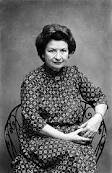
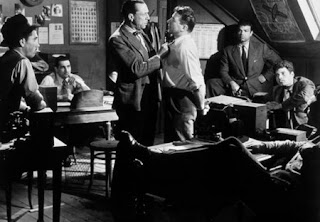

.jpeg)

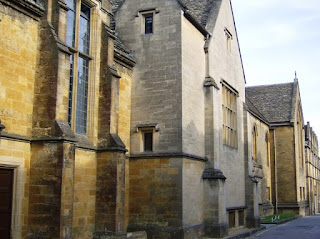

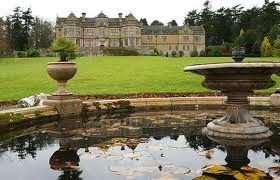
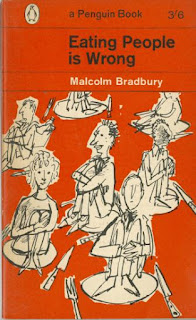
Comments